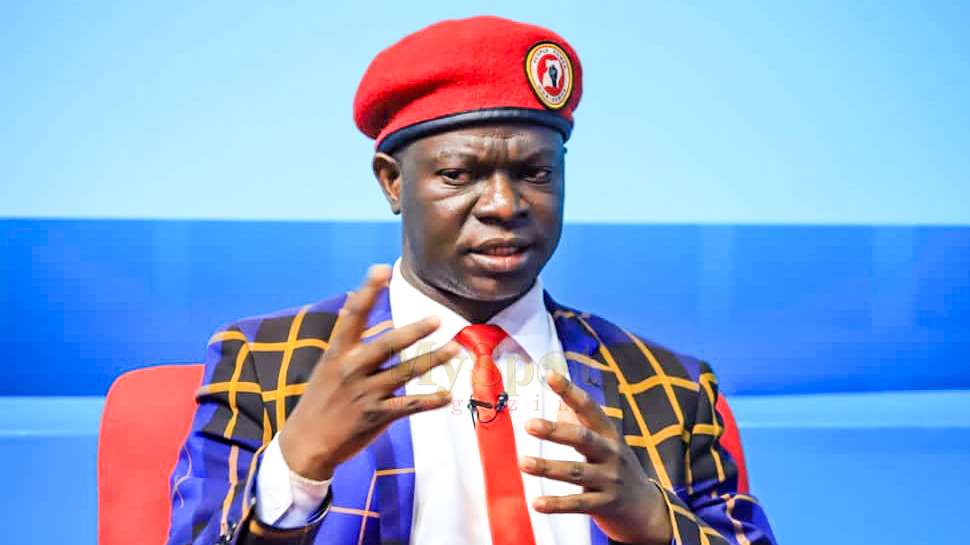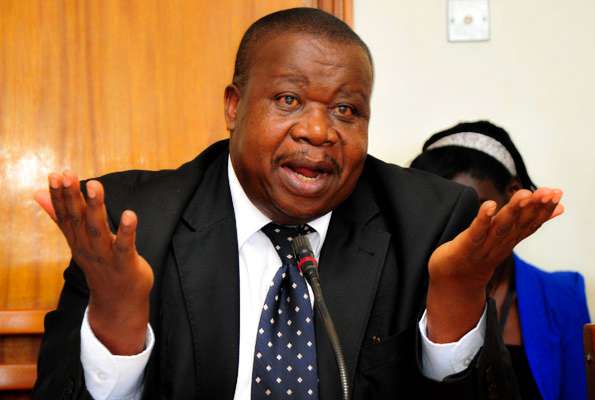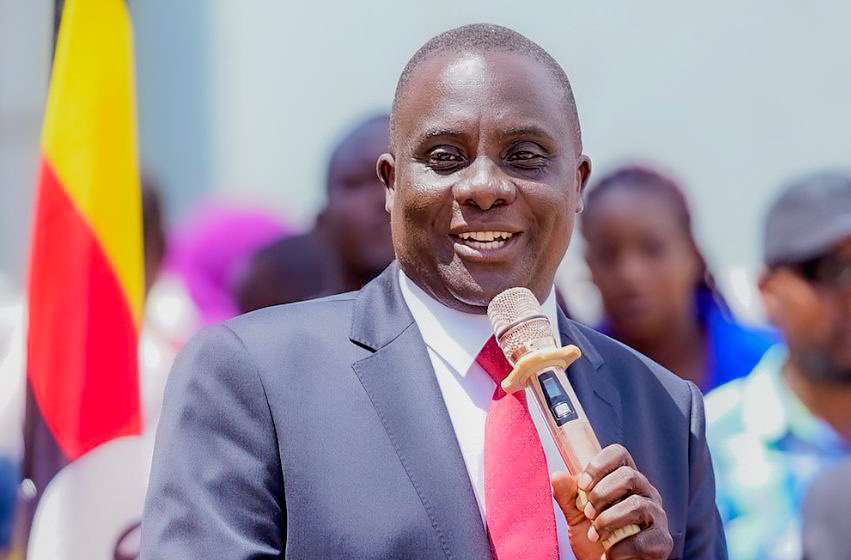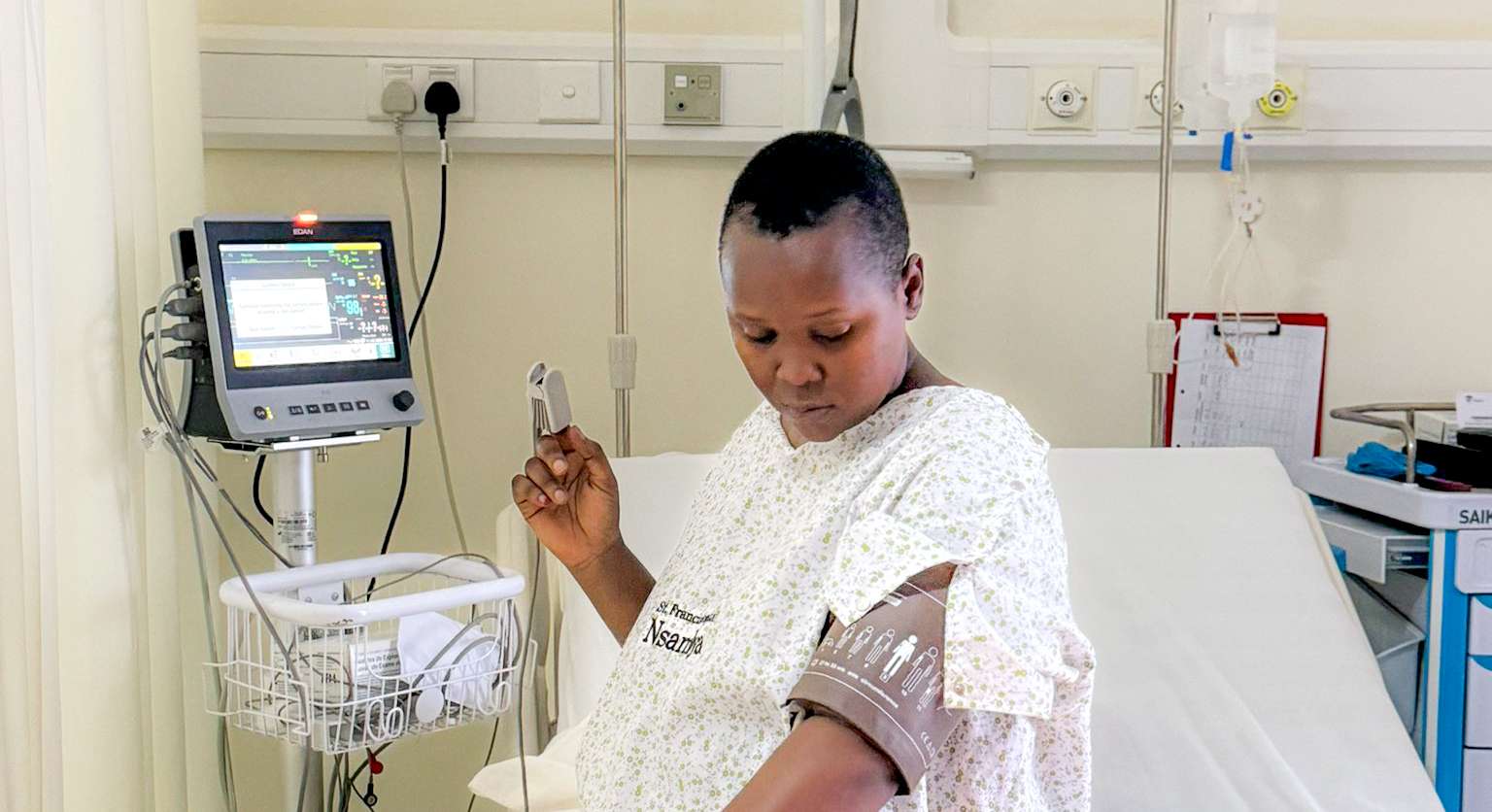News
President Museveni Woos Investors at Abu Dhabi Sustainability Week 2025
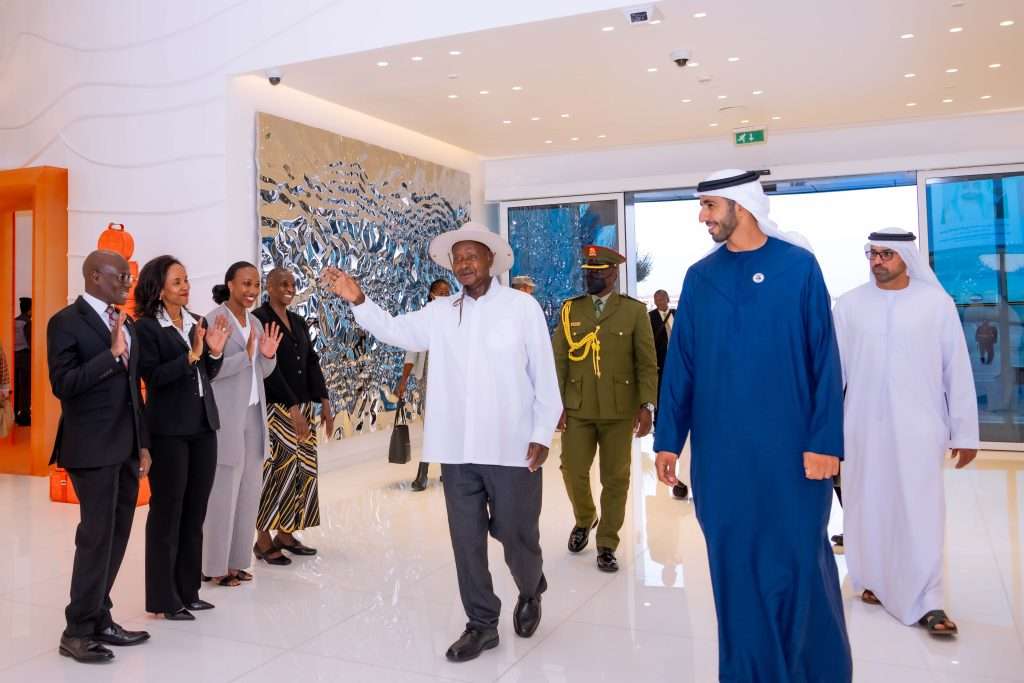
In a compelling address at the Abu Dhabi Sustainability Week (ADSW) 2025, President Yoweri Kaguta Museveni of Uganda articulated a vigorous call to action for global investors, aiming to position Uganda as a beacon of transformative business opportunities in Africa. The event, a prominent platform for sustainable development initiatives, was the perfect backdrop for Museveni’s impassioned appeal.
“Uganda is poised for remarkable growth,” Museveni declared, emphasizing the nation’s strategic significance within the African continent. With a population of 46 million situated at the heart of the East African Community—a collective of 300 million—Uganda stands as a gateway to the expansive Continental Free Trade Area, which encompasses 1.4 billion potential consumers.
Tracing Uganda’s economic evolution, Museveni provided a historical perspective that underscored the country’s ambitious journey from a subsistence agricultural base to an emerging industrial player. He reflected on the colonial legacies that introduced key industries, notably the “3Cs and 3Ts” of coffee, cotton, copper, tea, tobacco, and tourism. However, he candidly acknowledged the subsequent setbacks, including the economic impacts of political turmoil in the 1970s, specifically the expulsion of the entrepreneurial Asian community by Idi Amin, which hindered growth for decades.
Since taking power in 1986, Museveni has championed five strategic phases intended to rejuvenate the Ugandan economy. These phases include revitalizing traditional industries, diversifying agricultural output, and embracing the knowledge economy by developing intellectual goods such as automobiles and vaccines. As a result, Uganda's GDP has skyrocketed from USD 4 billion in 1986 to USD 55 billion today—a remarkable ascent that reflects the country's resilience and ambition.
Highlighting the pivotal role of foreign investment, Museveni shared his vision to elevate Uganda’s economy to new heights, projecting a roadmap to achieve a GDP of USD 100 billion in the coming years. He reassured potential investors, citing Uganda's Internal Rate of Return (IRR) of 14.1% as a testament to the lucrative prospects available in sectors poised for explosive growth, such as agriculture, manufacturing, and information and communications technology.
However, Museveni tempered optimism with realism. He acknowledged the challenges posed by Uganda’s relatively small domestic market, urging investors to look beyond its borders to the wider East African and COMESA markets as key drivers for economic expansion.
He touted Africa as the burgeoning frontier of global prosperity, where an expanding population—projected to reach 2.5 billion by 2050—could catapult the continent into a new era of economic vitality. By leveraging natural resources and underutilized land, Africa could redefine its economic narrative, moving from historical legacies of exploitation to a focus on mutual growth and collaboration.
In closing, Museveni made a clarion call for global cooperation, advocating against exploitative historical systems and conflict-driven economies. “We believe in win-win solutions to human problems,” he asserted, reinforcing the importance of building a collaborative framework that fosters collective prosperity.
As the Abu Dhabi Sustainability Week concluded, President Museveni's message was unequivocal: the time to invest in Uganda is now. His vision for the nation is not merely a local success story but a broader narrative of shared potential and enduring partnerships. Uganda’s transformation promises not only economic opportunities but also the promise of sustainable growth that aligns with global development goals. With its rich resources and strategic positioning, Uganda is ready to welcome investors to play a vital role in its economic renaissance.

